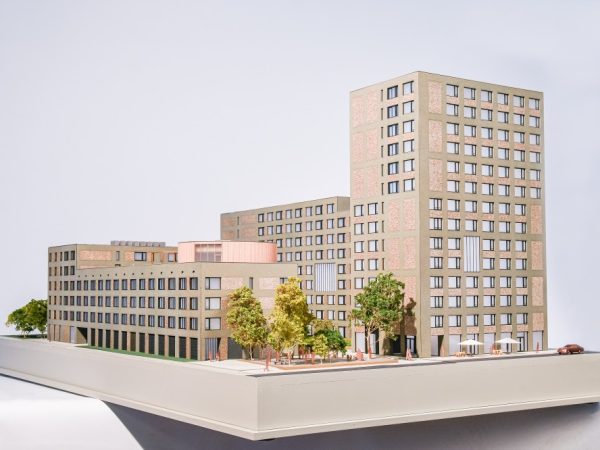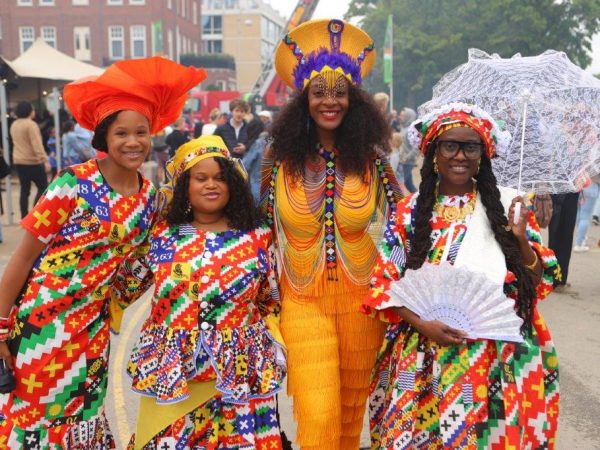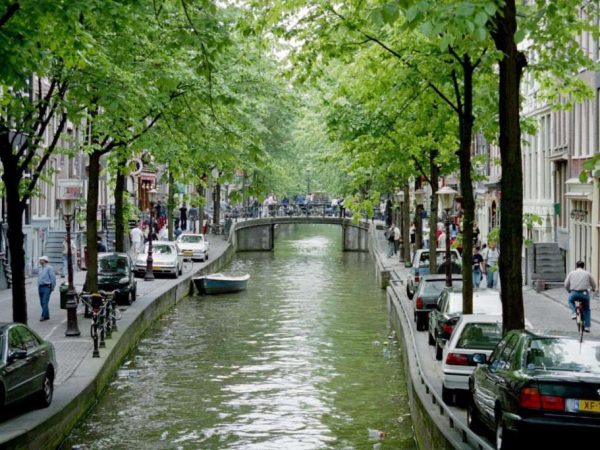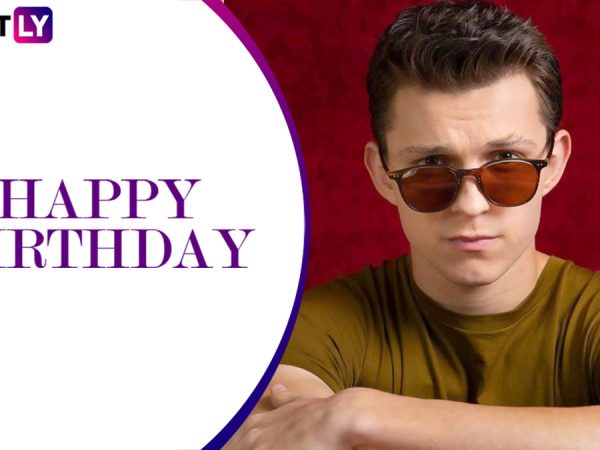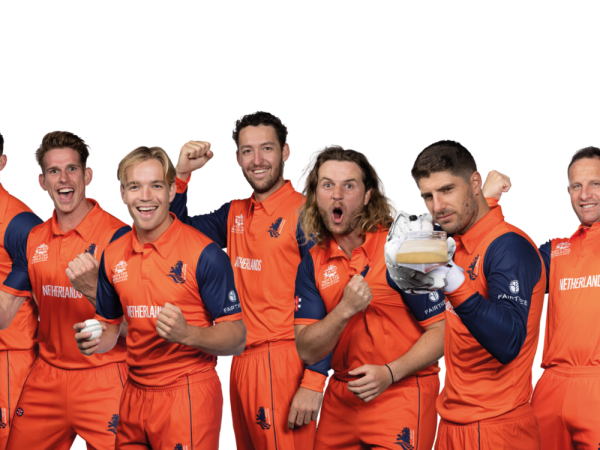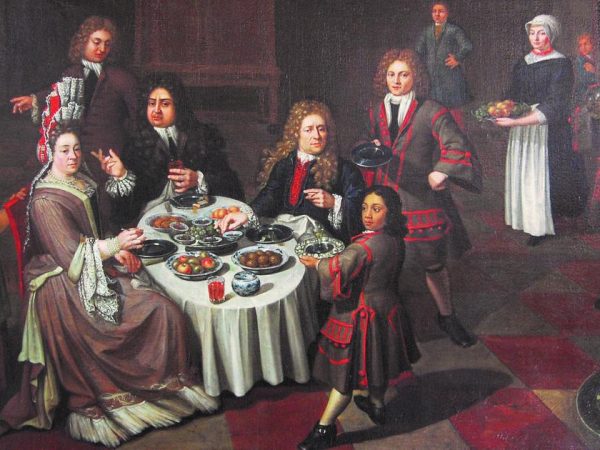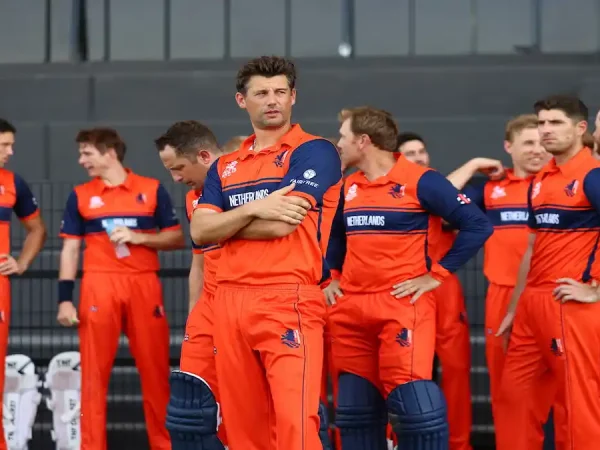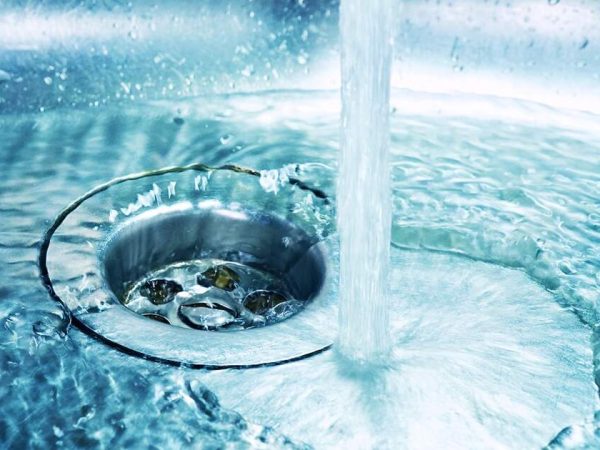How to Say Thank You in Dutch: 10 Authentic Phrases for Mastering Etiquette
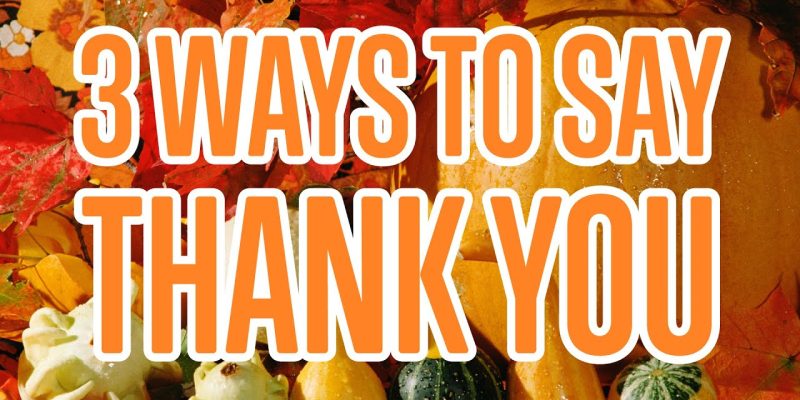
Learning how to say “thank you” in different languages is not just about memorizing phrases—it’s about understanding and respecting the cultural nuances that come with them. In the Netherlands, expressing gratitude is an essential part of social interactions, and mastering how to say thank you in Dutch can make a significant difference in your interactions with Dutch speakers. This guide will walk you through ten authentic ways to say “thank you” in Dutch, each tailored for different contexts and levels of formality. Whether you’re a traveler, a business professional, or just keen on expanding your language skills, these phrases will help you navigate Dutch etiquette with confidence.
How to Say Thank You in Dutch: “Dank je wel”
The most common and straightforward way to say “thank you” in Dutch is “Dank je wel.” This phrase is suitable for most casual interactions and is equivalent to saying “thank you very much” in English. It’s informal, making it ideal for use among friends, family, and people you are on familiar terms with.
Example Sentence:
– “Dank je wel voor je hulp met mijn project.”
(Thank you very much for your help with my project.)
How to Say Thank You in Dutch: “Bedankt”
“Bedankt” is another popular way to express thanks. It is a bit more informal than “Dank je wel” but is widely used in everyday conversations. It’s a versatile expression that can be used in both spoken and written communication.
Example Sentence:
– “Bedankt voor het cadeautje!”
(Thanks for the gift!)
How to Say Thank You in Dutch: “Heel erg bedankt”
For situations where you want to emphasize your gratitude, use “Heel erg bedankt.” This phrase translates to “Thank you very much” and adds a layer of sincerity and depth to your expression of thanks.
Example Sentence:
– “Heel erg bedankt voor je geduld.”
(Thank you very much for your patience.)
How to Say Thank You in Dutch: “Hartelijk dank”
“Hartelijk dank” is a formal way to say thank you. This phrase is often used in professional settings or when you need to show a higher level of respect. It’s appropriate for business correspondence, formal letters, or when addressing someone in a position of authority.
Example Sentence:
– “Hartelijk dank voor uw snelle reactie op mijn verzoek.”
(Thank you very much for your quick response to my request.)
How to Say Thank You in Dutch: “Dank u wel”
“Dank u wel” is the formal version of “Dank je wel.” It’s used in situations where you need to show politeness and respect, such as when speaking with elders, in formal settings, or when addressing strangers.
Example Sentence:
– “Dank u wel voor uw tijd en aandacht.”
(Thank you for your time and attention.)
How to Say Thank You in Dutch: “Veel dank”
“Veel dank” is another formal expression of thanks that translates to “many thanks.” It can be used in both written and spoken contexts to convey deep gratitude.
Example Sentence:
– “Veel dank voor de geweldige gastvrijheid.”
(Many thanks for the wonderful hospitality.)
How to Say Thank You in Dutch: “Ik waardeer het zeer”
The phrase “Ik waardeer het zeer” means “I greatly appreciate it.” This expression is used to convey a deeper level of gratitude and is often employed when someone has gone out of their way to help you.
Example Sentence:
– “Ik waardeer het zeer dat je me hebt geholpen met de verhuizing.”
(I greatly appreciate that you helped me with the move.)
How to Say Thank You in Dutch: “Ik ben je dankbaar”
“I am grateful to you” translates to “Ik ben je dankbaar” in Dutch. This phrase can be used to express a more profound sense of gratitude, indicating that you feel a personal debt of gratitude towards someone.
Example Sentence:
– “Ik ben je dankbaar voor alles wat je voor me hebt gedaan.”
(I am grateful to you for everything you have done for me.)
How to Say Thank You in Dutch: “Dank voor alles”
“Dank voor alles” means “thanks for everything.” This phrase is suitable for expressing thanks when someone has been helpful in multiple ways or over an extended period.
Example Sentence:
– “Dank voor alles wat je hebt gedaan tijdens mijn ziekte.”
(Thanks for everything you have done during my illness.)
How to Say Thank You in Dutch: “Je hebt mijn dank”
This expression, “Je hebt mijn dank,” translates to “You have my thanks.” It’s a more formal and sometimes poetic way to express gratitude, suitable for written correspondence or formal speech.
Example Sentence:
– “Je hebt mijn dank voor je bijdrage aan het project.”
(You have my thanks for your contribution to the project.)
Conclusion
Understanding How to Say Thank You in Dutch involves more than just memorizing phrases; it requires appreciating the context in which each phrase is used. From informal thanks like “Dank je wel” to more formal expressions like “Hartelijk dank,” each phrase carries its own nuance and level of politeness. By using these ten authentic phrases, you can master Dutch etiquette and show your appreciation in a way that resonates with native speakers. Whether you’re engaging in casual conversations or formal communications, these expressions will help you convey your gratitude effectively and respectfully.
FAQs
Q1. What is the most common way to say “thank you” in Dutch?
The most common way to say “thank you” in Dutch is “Dank je wel.” It is suitable for informal situations and widely used in everyday interactions.
Q2. How do you say “thank you very much” in Dutch?
To say “thank you very much” in Dutch, use “Heel erg bedankt.” This phrase conveys a deeper level of gratitude.
Q3. When should I use “Hartelijk dank”?
“Hartelijk dank” is used in formal settings, such as business communications or when addressing someone with respect. It’s appropriate for formal letters and professional interactions.
Q4. How do I express a deep sense of gratitude in Dutch?
To express a deep sense of gratitude, you can use “Ik waardeer het zeer” or “Ik ben je dankbaar.” These phrases indicate a high level of appreciation and personal thanks.
Q5. Is “Dank u wel” formal or informal?
“Dank u wel” is the formal version of “Dank je wel” and is used in polite and respectful contexts, especially when speaking with elders, in professional settings, or to strangers.
Also read: Time in Rotterdam: 10 Perfect Days of Fun and Adventure

